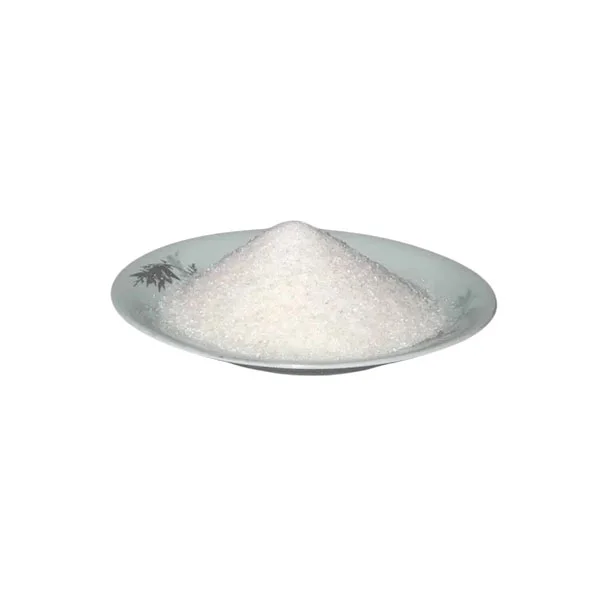Drilling fluid additives are an indispensable and important component in drilling engineering. They play a vital role in ensuring the smooth progress of drilling operations and the stability of the underground working environment. Therefore, quality control of drilling fluid additives is particularly important. This article will introduce the necessity of quality control, control methods, and future development trends.
The quality control of drilling fluid additives is very important, and it is directly related to the success of drilling. The following are quality control methods for drilling fluid additives:
1. Choose a high-quality additive supplier
Choosing a high-quality additive supplier is the key to ensuring the quality of drilling fluid additives. A high-quality additive supplier should have the following advantages:
(1) It has complete production equipment and technology and can produce high-quality additives.
(2) Have a complete quality control system and be able to conduct comprehensive quality testing of additives.
(3) Have good after-sales service and be able to solve customer problems in a timely manner.
2. Conduct comprehensive quality testing on additives
Comprehensive quality testing of additives is an important means to ensure the quality of drilling fluid additives. Quality testing should include the following aspects:
(1) Appearance inspection: Check whether the color, shape, smell, etc. of the additives meet the requirements.
(2) Chemical composition detection: Check whether the chemical composition of the additive meets the requirements.
(3) Physical performance testing: Test whether the density, viscosity, pH value, and other physical properties of the additive meet the requirements.
(4) Microbial testing: Detect whether there are microorganisms in the additives.

3. Strictly control the amount of additives used
Strictly controlling the amount of additives used is an important means to ensure the quality of drilling fluid additives. The amount of additives used should be adjusted according to the actual situation, not too much or too little. Too much will result in poor drilling fluid performance, and too little will result in insufficient drilling fluid performance.
4. Regularly test the performance of drilling fluids
Regular testing of drilling fluid performance is an important means to ensure the quality of drilling fluid additives. Regular testing should include the following aspects:
(1) Density: Check whether the density of the drilling fluid meets the requirements.
(2) Viscosity: Check whether the viscosity of the drilling fluid meets the requirements.
(3) pH value: Check whether the pH value of the drilling fluid meets the requirements.
(4) Solid content: Check whether the solid content in the drilling fluid meets the requirements.
(5) Fluid loss: Check whether the fluid loss of drilling fluid meets the requirements.
5. Handle additive quality issues promptly
Timely handling of additive quality issues is an important means to ensure the quality of drilling fluid additives. If you find that there are quality problems with the additives, you should stop using them in time and contact the additive supplier to solve the problem.
In addition to the above traditional quality control methods, with the continuous development of science and technology, the quality control of drilling fluid additives will also usher in new development trends in the future. On the one hand, as sensor technology and big data analysis technology continue to mature, real-time monitoring and data analysis of the use process of drilling fluid additives can be realized, thereby more accurately controlling the quality of products. On the other hand, with the application of artificial intelligence, machine learning and other technologies, intelligent control of the production process of drilling fluid additives can be realized, improving production efficiency and product quality.
Quality control of drilling fluid additives is an important means to ensure the performance of drilling fluids. Selecting high-quality additive suppliers, conducting comprehensive quality testing of additives, strictly controlling the amount of additives used, regularly testing the performance of drilling fluids, and handling additive quality issues in a timely manner are all important means to ensure the quality of drilling fluid additives. Only by controlling the quality of drilling fluid additives can we ensure the success of drilling.
https://www.scdbwhb.com/Quality-control-of-drilling-fluid-additives.html
